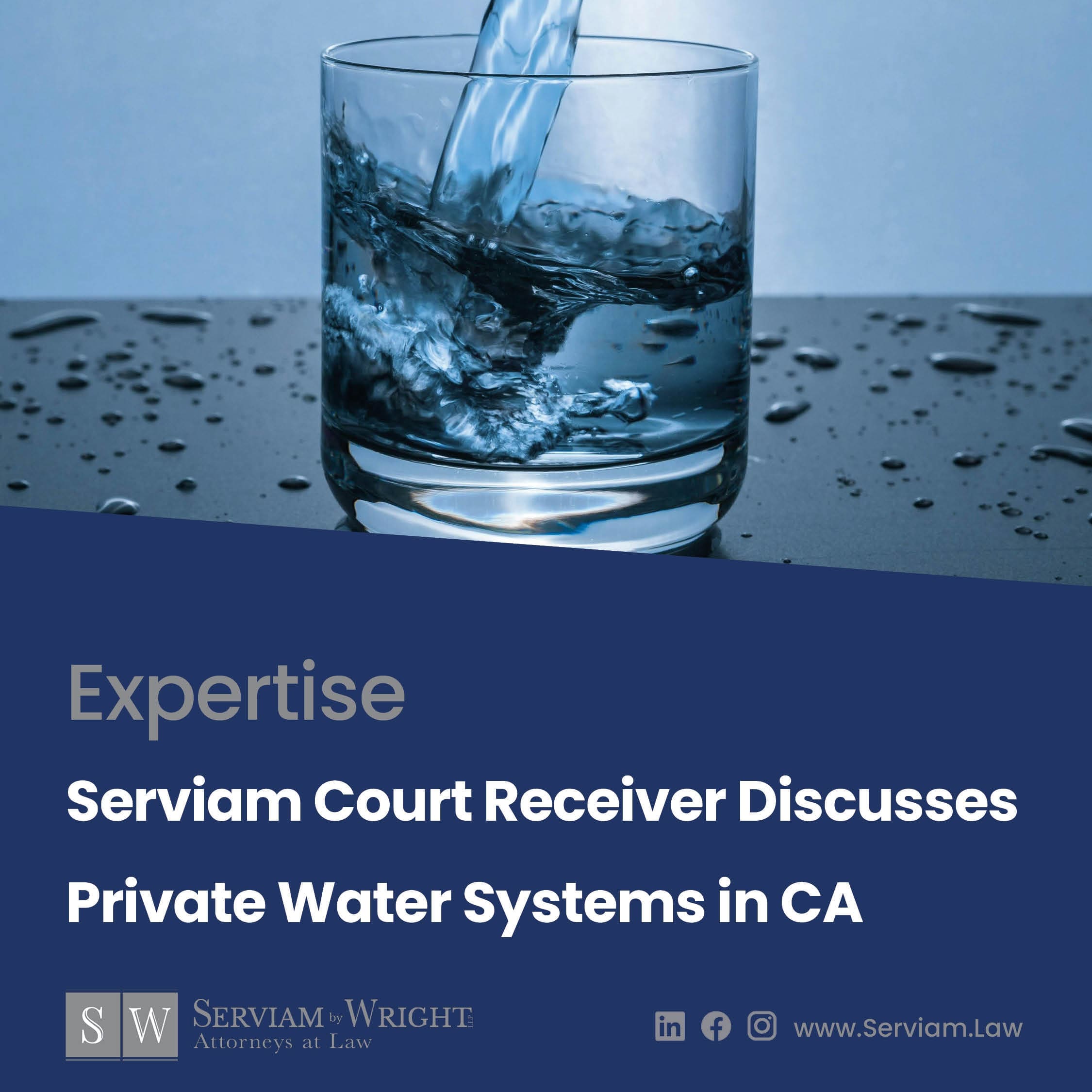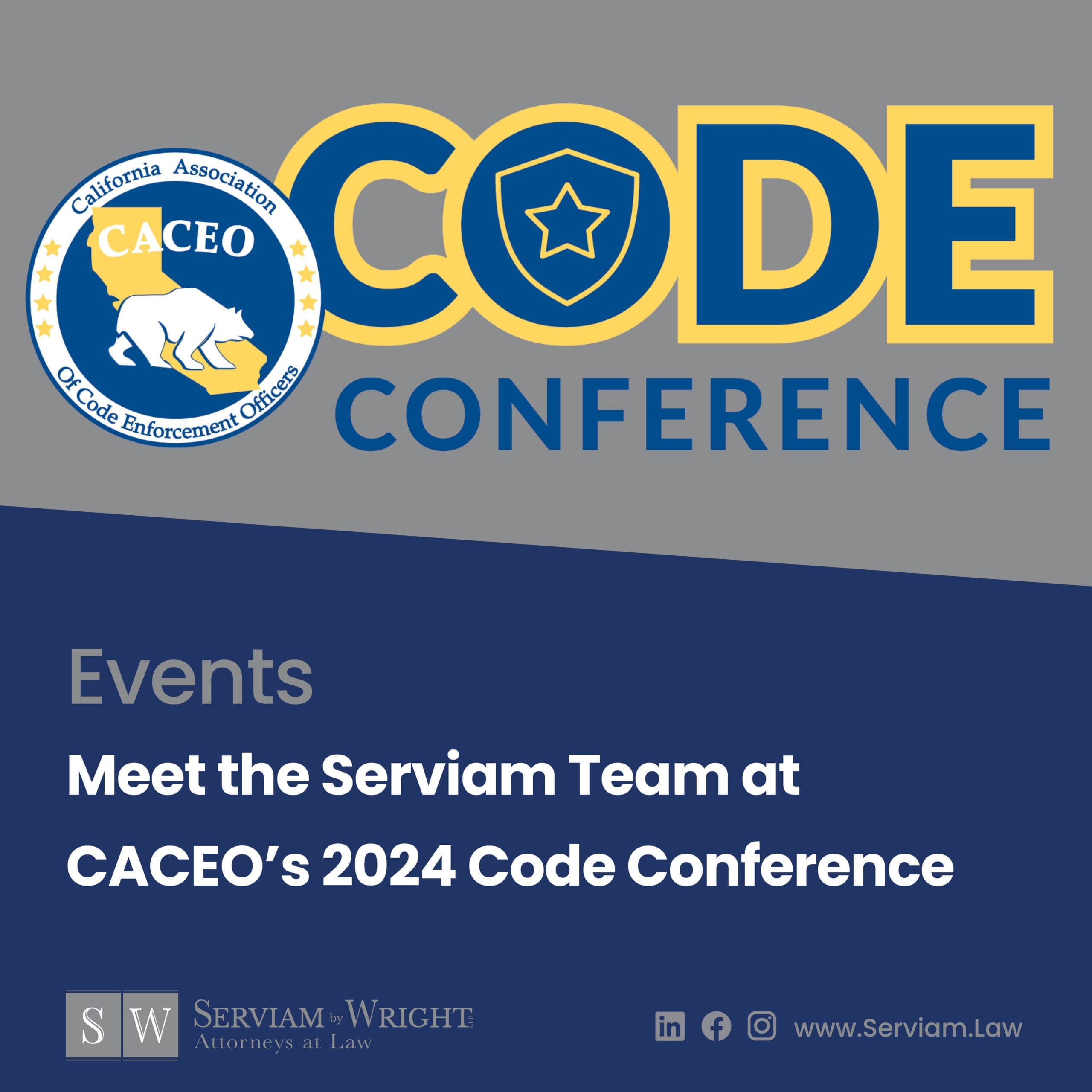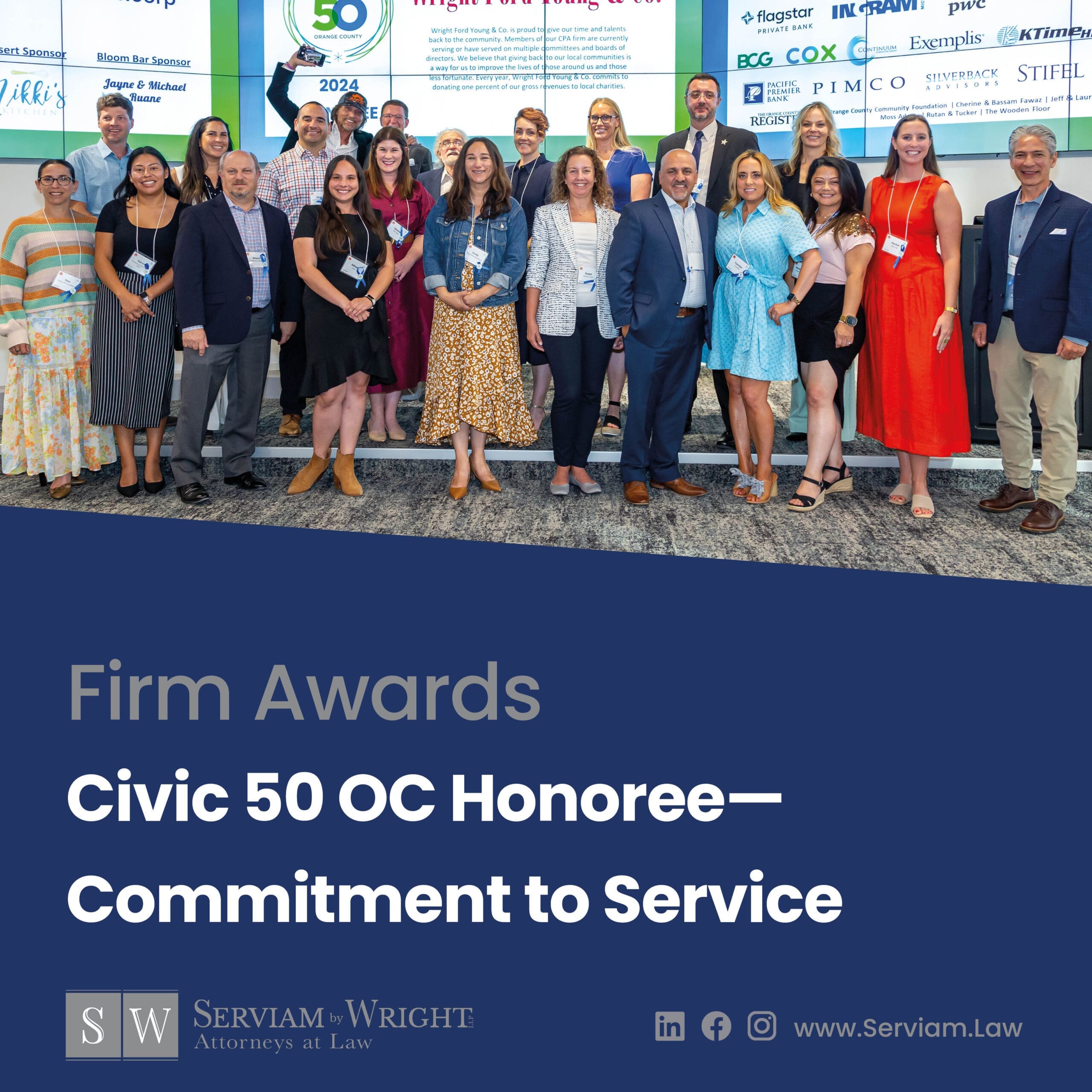Media outlets and out-of-state special interest groups have been running smear campaigns against Silver & Wright and grossly distorting the work we do on behalf of taxpayers in California. Here are the facts that set the record straight.
What is nuisance abatement?
Municipal codes and nuisance abatement laws keep residents safe and improve the quality of life in our communities. They address issues ranging from neighborhood blight to serious health and safety concerns, such as slumlords, substandard buildings, fire hazards, certain gang activities, and human trafficking.
What does Silver & Wright do?
Silver & Wright is a Southern California-based law firm that helps local cities and counties enforce their municipal codes.
When a fed-up neighbor lodges a complaint about another resident or business owner who is violating municipal codes in their community, or city staff become aware of such a violation, city staff first attempt to remedy the situation by issuing notices, warnings, and/or administrative citations to the violator. If those attempts fail, litigation is a last resort that municipalities can use to gain compliance with the law. Many cities don’t have the in-house resources to prosecute these cases in civil or criminal court, so they refer them to outside law firms like Silver & Wright to help.
Whose side is Silver & Wright on?
We fight for law-abiding taxpayers. We are retained by cities and counties throughout California to protect the residents and business owners that are the victims of these violations in their communities.
Does Silver & Wright profit off defendants?
No. Silver & Wright is never the party to these cases; we represent clients like any other attorney. We only handle cases that are investigated and referred to us by city staff. In every instance, the goal is to gain compliance with the law, not to incur legal costs. Lawsuits are not moneymakers for cities and the accusations that cities prosecute for profit or have a financial stake in these cases is simply false and misinformed.
How is Silver & Wright compensated?
Just like most other city attorneys, Silver & Wright’s services are paid for directly by the cities we represent. Our hourly rates are our sole source of compensation. We only get paid for our actual work. We don’t work on any kind of contingency basis, nor are we compensated based on litigation outcomes.
What is cost recovery and why has it become controversial?
California law allows both parties—cities and accused law violators—to pursue reimbursement for their actual costs associated with criminal litigation of municipal code violations. It is not a moneymaking endeavor; rather, it enables cities to use taxpayer dollars responsibly while using the court system to enforce their laws. Cost recovery requires due process with neutral decision makers to ensure fairness.
While it’s intended to be a protection for taxpayers, out-of-state special interest groups that want to weaken local governments have instead turned cost recovery into a political football.
What’s become lost in the discussion is that cities choose whether to exercise their right to recover code enforcement costs. Silver & Wright doesn’t make those choices. More importantly, in every instance, these lawsuits could be avoided if offenders just addressed their violations in the first place instead of forcing cities to resort to litigation.
Critics of cost recovery say the practice lacks accountability and sometimes excessive fees are assessed on people who realistically would never be able to pay them. Does the cost recovery process take advantage of people?
No—in fact, quite the opposite. People who violate the law are not the victims in these situations. Taxpaying residents and business owners are the victims—they are the victims of the crime, then they are double victimized by having to pay for the enforcement. Cities and counties can only request reimbursement for actual hard costs they incur from enforcing their local laws. These costs must be substantiated with documentation—they are not profit.
Cost recovery requires due process, which makes it inherently fair. It involves warning notices and an administrative hearing with a neutral hearing officer who does not work for the city. The hearing officer’s decision can be appealed to the Superior Court and altered or reversed by a judge.
It’s also important to note that cities rarely recover all their costs. They don’t seek cost recovery in some cases. Even when cost recovery is awarded, the violator doesn’t always pay the cities. In some cases, the city is not awarded cost recovery, and in others the defendant is awarded it instead.
Media outlets have painted defendants as being the victims, is that description accurate?
No. The question at hand is who bears the cost burden when litigation becomes the only recourse to achieve compliance with the law. Because cities are funded by taxpayer dollars, California law currently gives municipalities the option to recoup their actual costs from criminal litigation. If this option is not available, then the taxpaying public is double-victimized—once by the violation, and again by having to pay the costs to obtain compliance with the law.
Is criminal cost recovery a big source of revenue for Silver & Wright?
No. Silver & Wright’s services are paid directly by the cities we represent. Criminal prosecution is a small portion of what we do for cities. Most importantly, our role is to help with the process when our clients request it. We do not receive any of the funds that are recovered from defendants. All reimbursements that are awarded and paid go right back to the city, not us.
Does Silver & Wright pitch cost recovery and criminal prosecution as money-making opportunities to its clients?
No. Our clients understand that litigation is an option of last resort to compel violators to come into compliance. We help our clients understand their legal options about recovering their costs and administer the process on their behalf when they choose to do it.
Why are some cost recovery reimbursement payments remitted to Silver & Wright and not made directly to the city receiving the funds?
At times, Silver & Wright is retained to administer and manage the cost recovery process for our clients when they choose to pursue it.
The State Bar of California requires that all law firms maintain a trust account for their clients. When a defendant is notified that they need to reimburse one of our clients, the cashier’s check is sometimes made payable to Silver & Wright LLP so we can deposit it into our trust account and then remit it back to the city. We do this for tracking and accounting purposes only. We do not keep any of the funds that are recovered.
It’s important to understand that the trust account is completely separate from our firm’s other banking accounts. We do not pocket any of this money held in the trust account. In fact, any interest that accrues on the funds held in trust account goes to the California State Bar for legal aid funding, as required by State law.
What is AB 2495?
AB 2495 is legislation going through the State assembly and senate that would prohibit municipalities and their legal representatives from pursing cost recovery in criminal proceedings. It would shift the burden of litigation costs onto taxpayers, residents, and local business owners who suffer from these municipal code violations. As a result, it may potentially have a chilling effect on some criminal prosecutions and push cities to pursue costlier, longer, and less efficient civil actions instead.
The authors of AB 2495 argue that cost recovery does not serve the primary goal of achieving compliance. What is your take on that?
We agree that compliance is always the main goal and that litigation is the option of last resort. It is a necessary tool to protect the rights of residents and businesses from violations that endanger and degrade their communities.
We don’t have an opinion on this legislation. We always advise our clients to act within the law. Broadly, we feel that every law-abiding citizen should be concerned if cities and counties become financially unable to enforce their laws. However, our primary purpose is to obtain compliance with the law; cost recovery is only a secondary objective in cities that elect to pursue it.
What’s the real story with the lawsuit against Cesar Garcia in the City of Coachella?
Garcia ran a childcare center out of an unpermitted and unsafe addition to his home without a business license and in violation of the requirements of his State permit, which endangered the lives of children. He resisted the city’s code enforcement efforts for four years, racking up thousands of dollars of unnecessary expenses along the way. The City of Coachella referred the case to Silver & Wright to file criminal charges as a last-resort effort to get Garcia to comply with the multiple municipal codes he was violating.
After nine months of delay tactics by Garcia and his attorney (including four jury trial dates and a frivolous suppression motion), he eventually accepted the same plea bargain terms he was offered at the beginning of the action. He had to partially demolish the home addition and completely demolish the garage conversion because they were so substandard. He then acted shocked when he was told he had to foot the bill that his litigation tactics ratcheted up. He would rather pass the costs along to his taxpaying neighbors whose children he endangered.
What happened in the Ramona Morales case in Indio?
Morales is a landlord that illegally rented one of her eight homes to a tenant who violated a city ordinance that prohibits keeping farm animals in residential areas. After neighbors complained about the noise from these animals, the Indio Police Department issued multiple warnings to Morales informing her that she and her tenant were violating the law. Those warnings were ignored and the issues were not resolved. As a last resort, the City chose to press criminal charges against Morales for her violations. The city then chose to exercise its right to recover the loss of taxpayer resources that were required to get Morales to comply with the law.
What is your reaction to the class action lawsuit the Institute for Justice has filed with Morales against Silver & Wright?
Their accusations are meritless. They broke the law, were held accountable, and are now trying to get their convictions overturned, not because they are innocent, but by casting false shade on their prosecutors. We represent justice and the public and we will be vindicated in court.
What do others have to say about AB 2495?
AB 2495 prohibits cities and counties from recovering taxpayer costs they incur in abating public nuisances, including enforcing housing laws and reducing neighborhood blight. The Congress of Racial Equality (CORE) calls it the “Slum Lord Protection Act of 2018.” They, along with the Western Center on Law and Poverty, and the California Rural Legal Assistance Foundation, the Association of Deputy District Attorneys, the California College and University Police Chiefs Association, the California Narcotic Officers Association, the California Association of Code Enforcement Officers, the League of California Cities, and the Los Angeles County Professional Peace Officers Association, opposed the overly broad language in AB2495, claiming the law is racially biased and that it strips cities and counties of an important tool to address repeated egregious violations.





